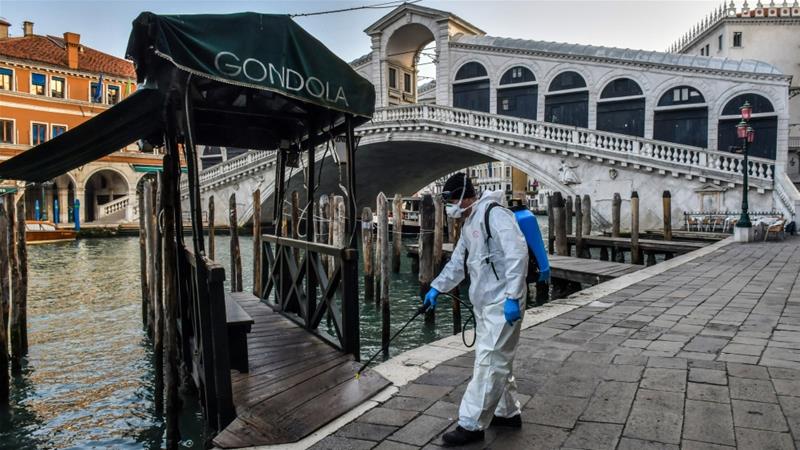
A prolonged wait at the pharmacy, a long queue before entering a supermarket. Experiences like this, today increasingly common, can help us to see how the spreading of Coronavirus is transforming our society. Yet, more precisely, the global pandemic, and the measures put in place by the Italian government to attempt to counteract it, are in fact merely exacerbating tendencies that have already existed for a while. Recent decades, dominated by the politics of fear, have left their mark. This can be seen in the current fear of physical contact, or in the suspicious looks that guard over the “security distance” between people. Undoubtedly, such an anxiety of control strengthens the powers dominating our lives, and it is worth remembering that once governmental measures such as these are taken they become part of the arsenal of political possibility. Yet, other images have emerged as well, ones with profoundly different connotations. People on the street smile at each other, music is played from balconies, and a sense of solidarity surrounds not only doctors and nurses, but also factory workers on strike to defend the health security offered via their working conditions.
Continue reading